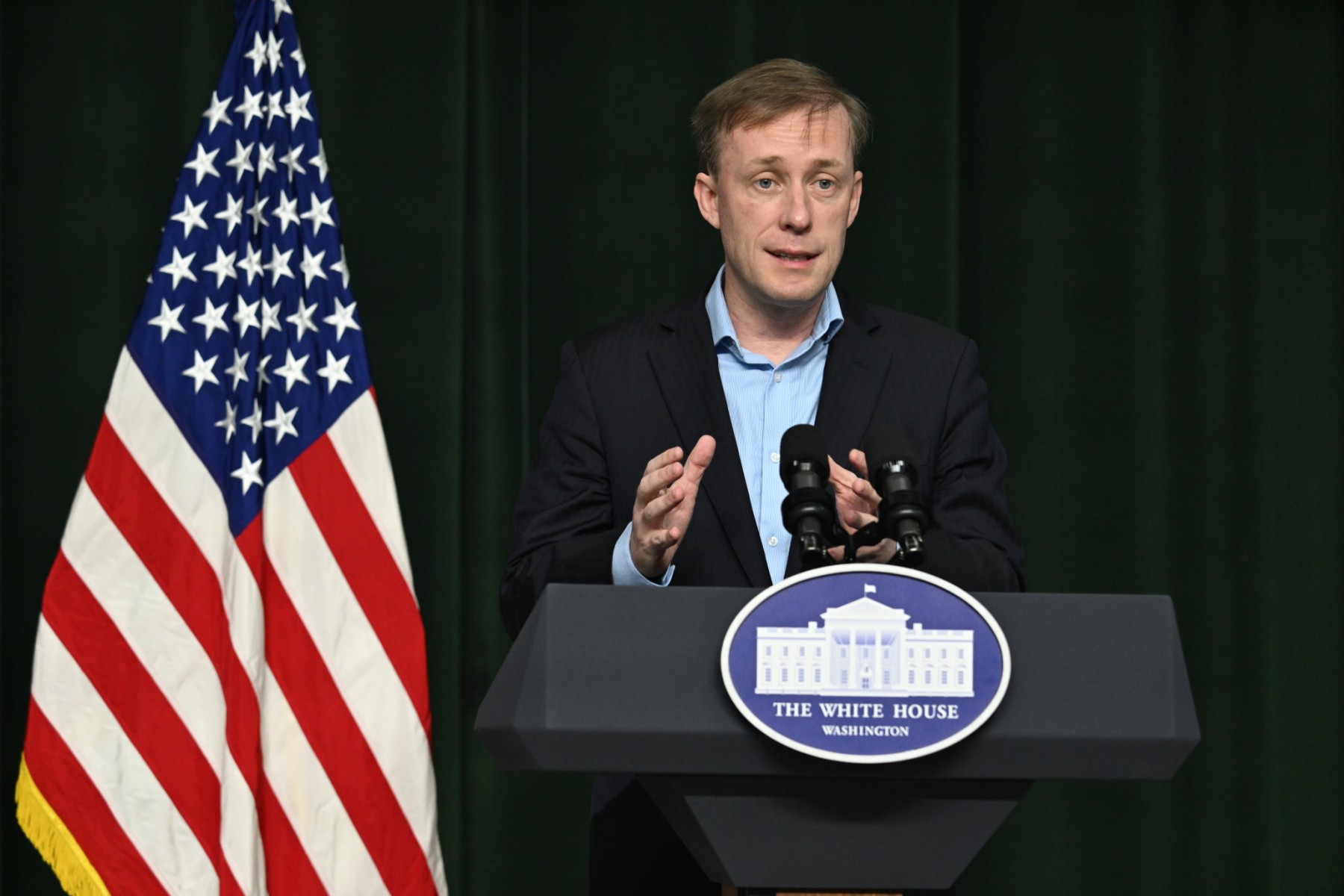Washington, United States – The US National Security Advisor Jake Sullivan on Tuesday said that the prospect of a peace agreement between Israel and Saudi Arabia is not imminent. Speaking at a press briefing Sullivan indicated that substantial obstacles still need to be overcome before such an accord can be achieved.
Responding to queries about the potential timing of an announcement, Sullivan acknowledged that significant groundwork remains to be covered. He emphasized that the complexities surrounding the discussions among the three nations necessitate careful attention to several intricate matters.
Asked if a deal would be announced soon, he said “There are still ways to travel… but peace between Israel and Saudi Arabia will be a big deal.”
Sullivan said there are still “highly technical issues” to be discussed between the three countries.
One pressing concern pertains to Riyadh’s request for support from the United States in establishing a civilian nuclear program. Sullivan noted that any endorsement would be contingent upon insights provided by the International Atomic Energy Agency.
The White House’s endeavors to foster a reconciliation between Saudi Arabia and Israel stem from its belief that such an outcome would be in US national security interests. The Biden administration has been concurrently engaged in talks with Saudi Arabia to counteract burgeoning Chinese influence in the Middle East and to stabilize oil prices.
Riyadh has reportedly asked for security guarantees from Washington while also seeking backing for its uranium enrichment efforts. The normalization of relations between Israel and Saudi Arabia also hinges on concessions from Israel to the Palestinians.
Coinciding with these diplomatic maneuvers, Israeli Prime Minister Benjamin Netanyahu engaged in discussions with a delegation from the US House of Representatives. Led by Rep. Joe Wilson (R-South Carolina), Chairman of the Subcommittee on the Middle East, North Africa, and Central Asia, the delegation explored prospects for Middle East peace and collaboration between Israel and the US in artificial intelligence.

